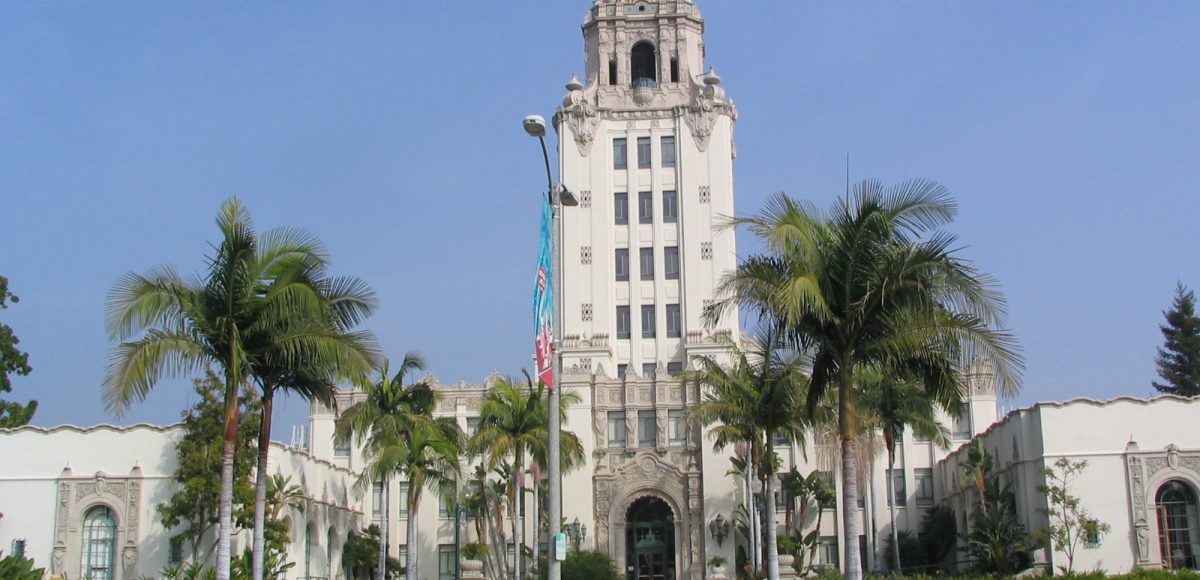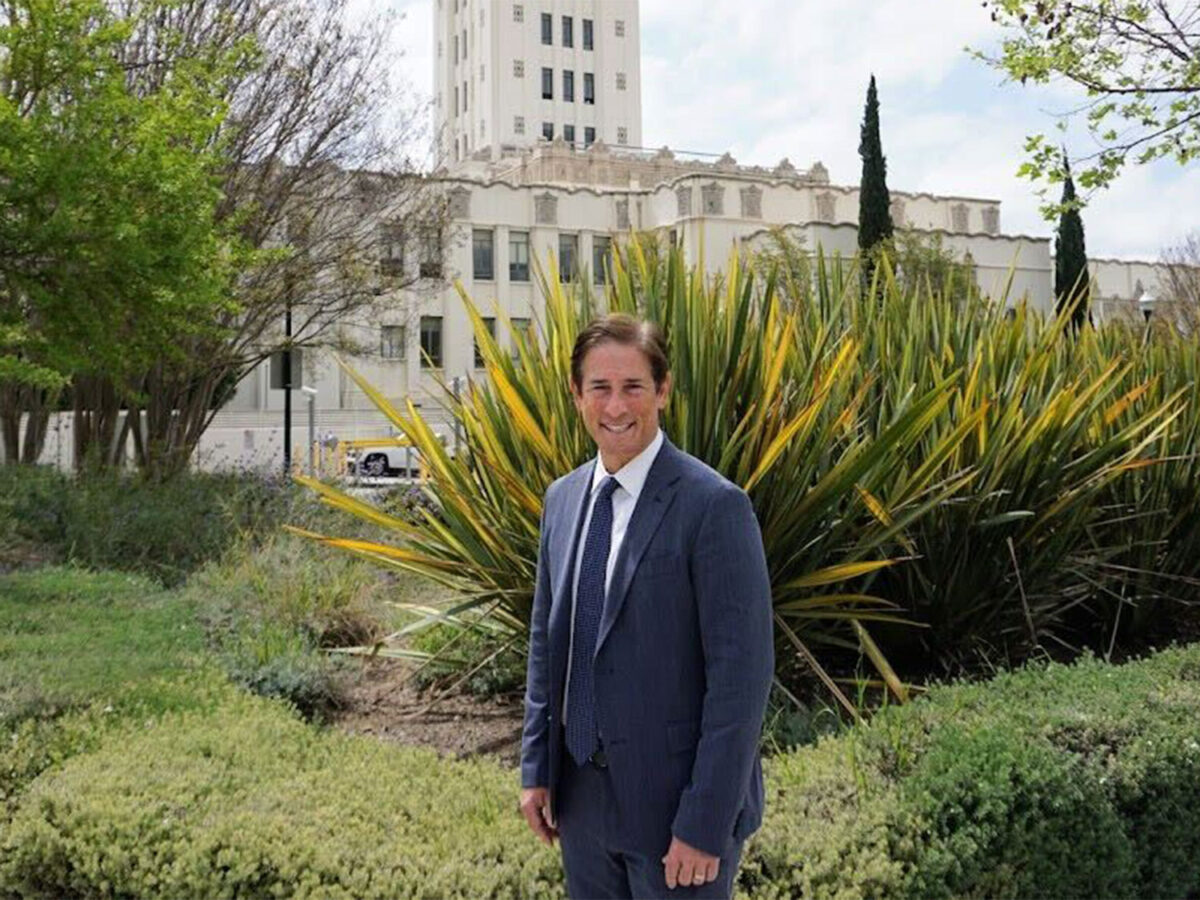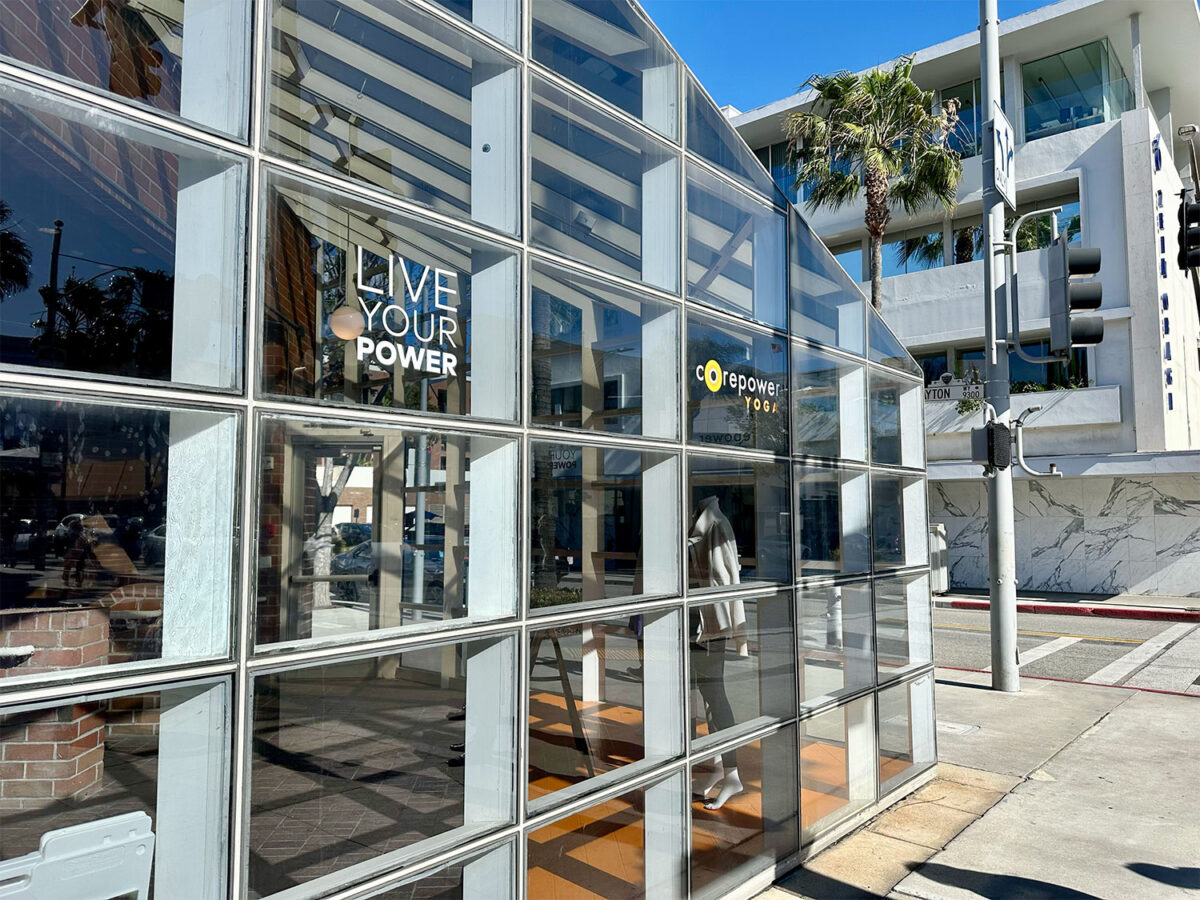With operating revenues expected to decrease by 20 percent, the Beverly Hills City Council is considering ways to balance next year’s budget. The Council must approve the fiscal year 2020/21 (FY 2020/2021) budget by the end of June to maintain operations.
Total operating revenue for the upcoming fiscal year is forecast to drop to $211.7 million, $38.8 million less than the City’s original projection, largely resulting from the negative fiscal impacts of the COVID-19 crisis on Transient Occupancy Tax (TOT), business taxes and sales taxes. Projected revenue for this current fiscal year, FY 2019/20, is just north of $268 million.
“We have a community that deserves and requests a service level and I think that we have provided that. Everyone’s going to have to be a little bit more patient in the future because I don’t think we’re going to get that 110 percent anymore. We’re going to be back at about 100,” Mayor Lester Friedman said at the May 14 Special Budget Study Session.
From suspending capital improvement projects to reducing ongoing departmental materials and supplies budgets to implementing a hiring freeze or even laying off employees, the Council is considering a bevy of budget cut recommendations to close the revenue gap precipitated by the COVID-19 pandemic.
“I do think the framework is a reasonable one. It’s one that provides for broad cuts, wide-ranging across the City,” said Vice Mayor Bob Wunderlich, who together with Mayor Friedman worked with staff as part of the City’s Ad-Hoc Committee.
Staff will continue to update the Council regularly with the understanding that the budget will be fluid and evolving.
In making the presentation to City Council, Budget and Revenue Officer Don Harrison underscored that budget projections were “conservative” so as to not over-project revenue sources. Still, he acknowledged that the City was “looking at some pretty serious declines for next year” in terms of revenue. “Many businesses may not survive the shut down,” he said.
Locally several hotels have closed temporarily but are likely to benefit once “staycationers” begin driving to locations as restrictions in the state lessen further. When restaurants do reopen, they will do so with social distancing in place, which will certainly challenge operations. The retail recovery will also likely be slowed due to the need for social distancing.
“While it is still impossible to know today with any certainty what that ultimate impact will be, staff has continued to work with the Ad-Hoc Committee in developing a financial forecasting model,” stated the May 14 staff report authored by Harrison and Director of Finance Jeff Muir. “The forecast will continue to be a ‘work in progress,’ but the City must work towards adopting a budget for fiscal year 2020/21 in the midst of this uncertainty.”
A previous Study Session on April 21 provided the Council with initial projections of the significant economic impact from the COVID-19 crisis with a projected shortfall of up to $10 million though the end of June. March and April numbers have since been updated, substantially improving the projected fiscal year-end results to a $500,000 surplus.
Whereas for the coming year the City is now facing a projected 45 percent decrease in TOT hotel revenue down to $28 million, a 43.8 percent revenue decrease in sales and use tax down to $19.3 million, and a projected 26.6 percent decrease in business tax down to $38.2 million, property tax revenue is still in good shape – at least for this year. Harrison said he expected property tax revenue, which is projected to increase by 5.6 percent for FY 2020/21 to $80 million, will not be negatively impacted until the following fiscal year.
Other miscellaneous revenue (including licenses and permits) are expected to decrease by 10.4 percent to account for $46.1 million of the City’s operating revenue.
Staff will return with an abbreviated budget at a June Study Session during which time Councilmembers will be able to delve more deeply into the specifics of the proposed cuts. One potential cut that multiple Councilmembers voiced concern over was the proposal to delay a $420,000 annual expenditure to purchase emergency food and water supplies.
Staff will also move forward in the coming weeks with a survey to gauge interest in early retirement/separation incentive options for City employees, the results of which will be known by the fall.







